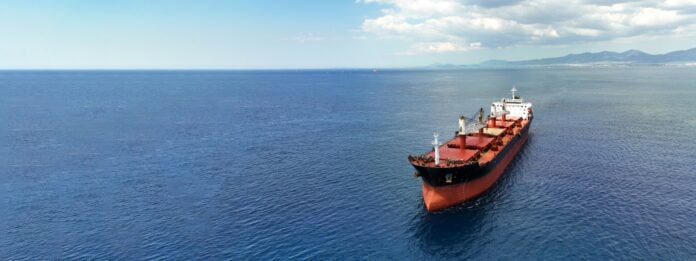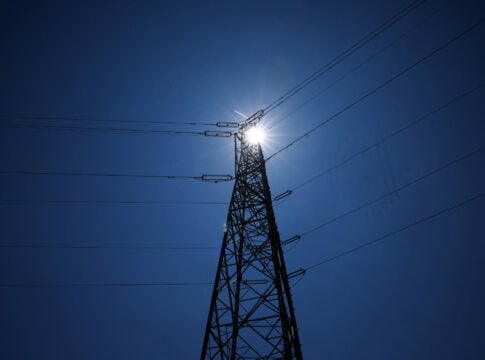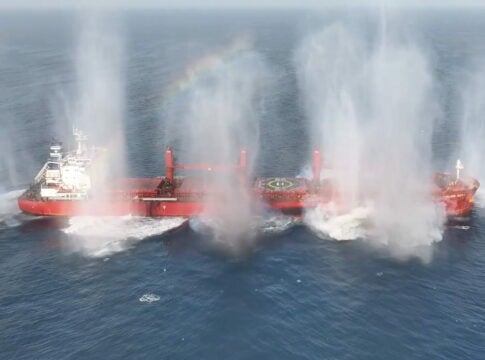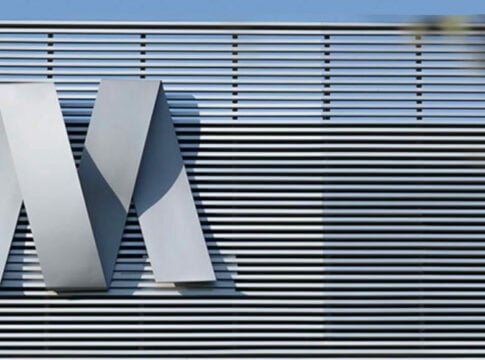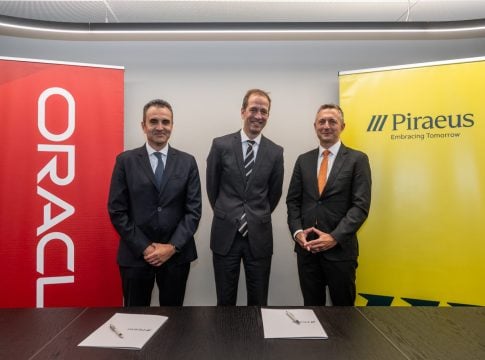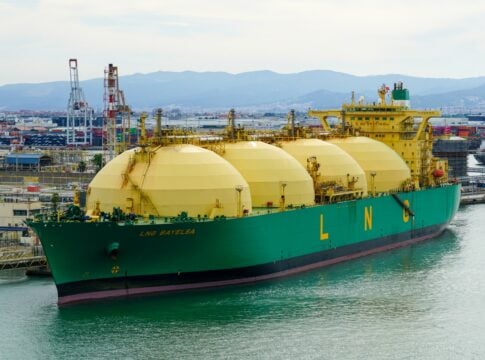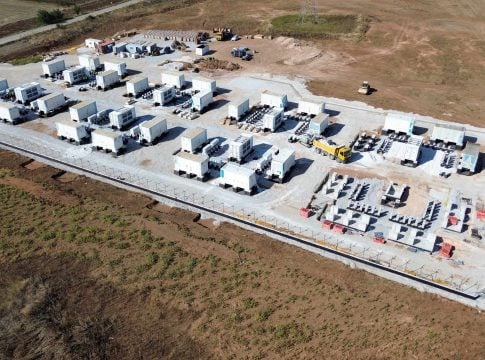The United Nations has called the “wait-and-see” stance to decarbonizing shipping dangerous, as environmental regulations and the age of the global fleet pressure for solutions.
According to the annual maritime transport survey published by the United Nations Conference on Trade and Development (UNCTAD), achieving the 2050 decarbonization target for ships will require additional investments of 8-28 billion dollars annually.
At the same time, an estimated 28-90 billion euros will be needed annually to increase fuel production and distribution as well as refueling infrastructure to supply zero-carbon fuels by 2050.
More expensive energy sources and onshore investments could push annual fuel costs up to over 100-150 billion euros. Researchers acknowledge the uncertainty surrounding the regulatory framework in the field of alternative fuels but point out that efforts must be accelerated.
Delays in investments
“Soon, energy production and connected fuel supply systems must change significantly to deliver the fuels of the future. Uncertainty surrounding the adoption of green technologies and alternative fuels, as well as the regulatory environment, increases the risk of stranded assets,” the researchers noted.
“However, as the experience of exploiting important fuel candidates improves over the course of this decade, uncertainty will gradually evolve into clarity. The real danger in the quest to achieve decarbonization targets at the lowest possible cost is that shipowners adopt a “wait-and-see” stance. This means that investments in fleet renewal, alternative fuels and green technologies for ships will be delayed,” UNCTAD added.
“As the transition to low-carbon fuels and technologies requires significant investments, delays in the timing and scale of investment, both in newbuilding and in the energy supply chain, can lead to vessel congestion, disruptions in logistics and increased cost of sea transport and trade.”
According to UNCTAD, if immediate measures are not taken to improve ship operations and reduce the carbon footprint, one in two ships will not be compliant with the IMO’s Carbon Intensity Index (CII) by 2026. Today, approx. 2/3 of the global fleet complies with the index, which came into effect on the first day of 2023.


